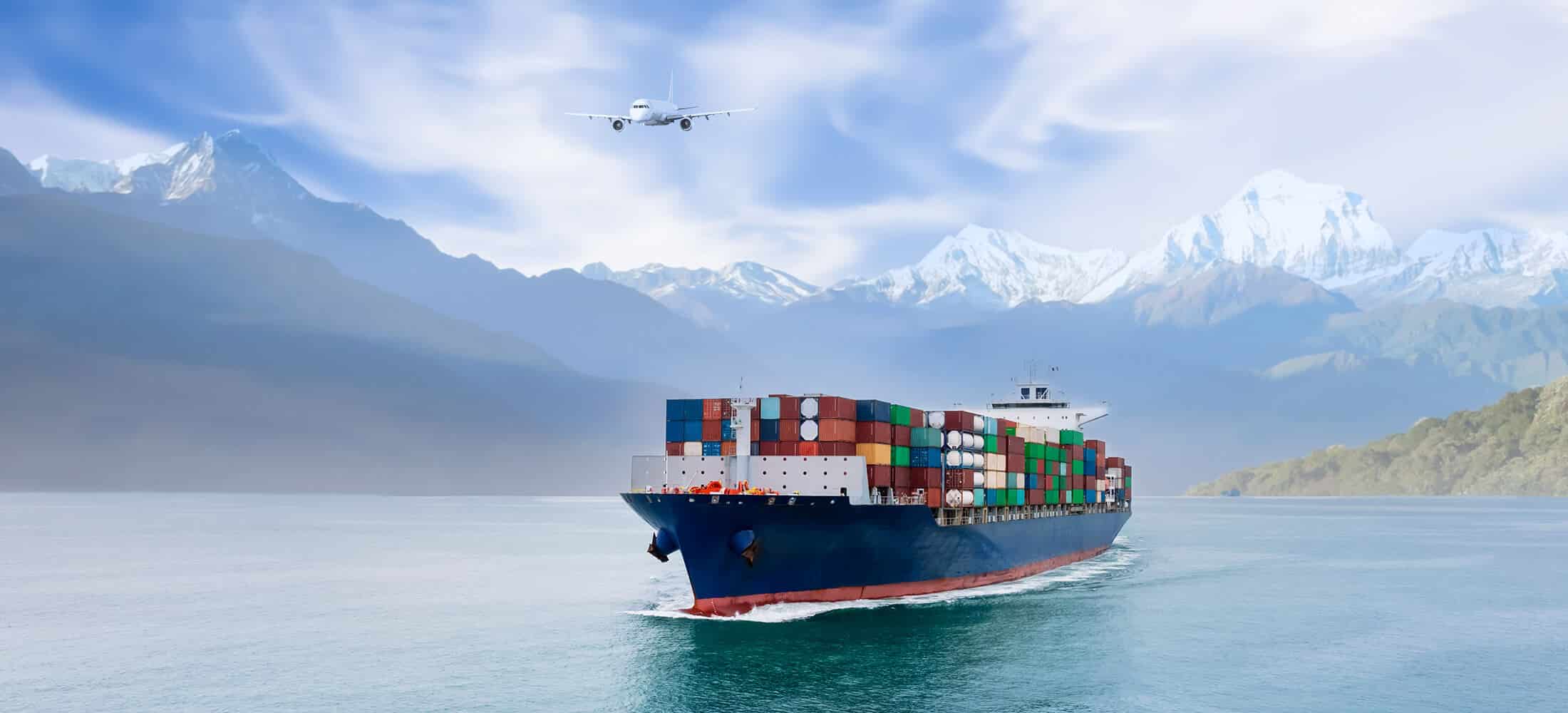The COVID-19 pandemic has profoundly affected global economies, supply chains, and the shipping industry. As the world transitions to a post-pandemic economy, the role of shipping is more critical than ever. Here’s a detailed analysis of how shipping is adapting and contributing to the recovery and growth of the global economy:
1.Resilient Supply Chains
The pandemic exposed vulnerabilities in global supply chains, highlighting the need for resilience and flexibility. Shipping companies are now focused on building more robust logistics networks, capable of withstanding future disruptions.
To mitigate the risks of supply chain disruptions, there is a push to diversify trade routes and reduce dependence on single points of failure. Shipping companies are exploring alternative routes and hubs to ensure continuity in the face of unforeseen events.
2.Digital Transformation
The pandemic accelerated the adoption of digital technologies in the shipping industry. Enhanced digital platforms for booking, tracking, and documentation are streamlining operations, improving efficiency, and reducing human contact.
Blockchain technology is being increasingly used to enhance transparency and security in shipping transactions. By providing an immutable record of cargo movements and transactions, blockchain reduces fraud and increases trust among stakeholders.
3.E-commerce Growth
The pandemic led to a significant surge in e-commerce, increasing the demand for shipping services, especially for small parcels and fast delivery options. Shipping companies have had to scale up their operations to meet this growing demand.
Shipping firms are investing in logistics infrastructure and last-mile delivery solutions to support the booming e-commerce sector. Innovations such as automated warehouses, drones, and delivery robots are becoming more prevalent.
4.Sustainability Initiatives
Post-pandemic, there is a stronger emphasis on sustainability. Shipping companies are adopting green practices, such as using cleaner fuels, optimising routes for fuel efficiency, and investing in energy-efficient vessels.
There is an increased focus on meeting international environmental regulations, such as the IMO 2020 sulfur cap. Compliance with these regulations not only reduces environmental impact but also ensures the long-term viability of shipping operations.
5.Economic Recovery and Growth
Shipping remains the backbone of global trade, facilitating the movement of goods and commodities essential for economic recovery. Efficient maritime transport is crucial for the timely delivery of raw materials, components, and finished products.
Countries with export-oriented economies rely heavily on shipping to reach global markets. The recovery of the shipping industry directly supports these economies, enabling them to regain their economic footing post-pandemic.
6.Enhancing Port Infrastructure
Ports are investing in modernization projects to enhance capacity and efficiency. Upgraded port infrastructure supports the handling of larger vessels and increased cargo volumes, which are vital for economic recovery.
The adoption of smart port technologies, including IoT sensors, automated cranes, and digital twins, is transforming port operations. These technologies enhance operational efficiency, reduce turnaround times, and improve cargo handling capabilities.
7.Workforce Adaptation
The shipping industry has implemented stringent health and safety measures to protect its workforce. These measures include enhanced sanitisation, health monitoring, and the provision of personal protective equipment (PPE).
Investing in training and skill development is crucial for adapting to new technologies and practices. Shipping companies are focusing on upskilling their workforce to meet the demands of a digitised and automated industry.
The role of shipping in the post-pandemic economy is pivotal. By strengthening supply chains, embracing digital transformation, supporting e-commerce growth, and committing to sustainability, the shipping industry is facilitating global economic recovery and growth. Investments in port infrastructure, workforce adaptation, and technological innovation are crucial for ensuring the industry’s resilience and continued contribution to international trade and commerce. As the world moves forward, the shipping industry’s ability to adapt and evolve will be key to navigating the challenges and opportunities of the post-pandemic era.
If you would like to discuss this further please contact us to arrange a consultation with one of our experts.









